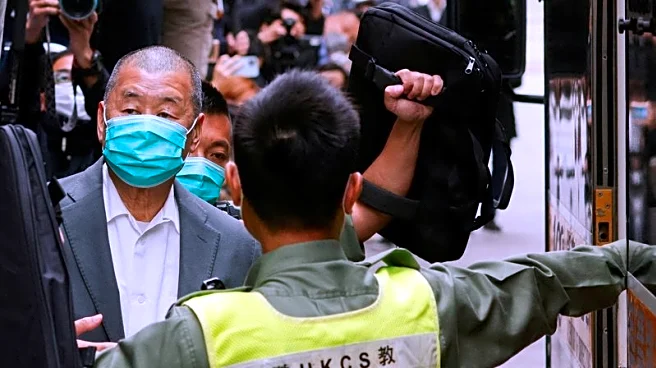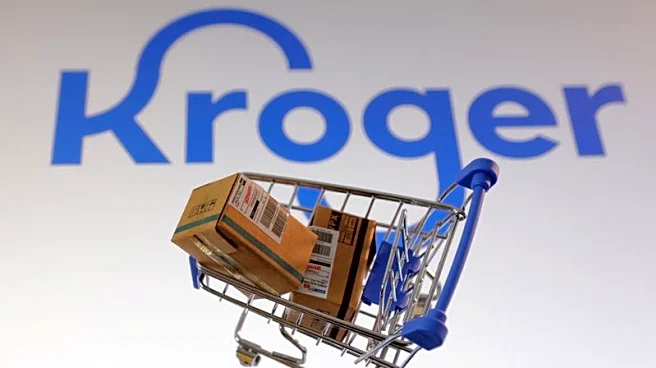Rapid Read • 7 min read
OPEC, established in 1960, is an organization created to stabilize the world oil market by coordinating energy policies among its member countries. The founding members, including Iran, Iraq, Kuwait, Saudi Arabia, and Venezuela, aimed to ensure fair oil prices and a steady supply. Over the years, OPEC has faced challenges in maintaining cooperation among its members, particularly during geopolitical events like the Six-Day War and the Yom-Kippur War. Despite these challenges, OPEC has played a significant role in influencing global oil prices and market dynamics.
AD
OPEC's ability to influence oil prices has significant implications for global economies, particularly those reliant on oil imports. The organization's actions can affect inflation rates, economic growth, and energy policies worldwide. As OPEC's influence wanes due to technological advancements and increased competition, the global energy landscape may shift, impacting oil-dependent industries and economies.
OPEC may need to adapt its strategies to maintain influence over global oil prices amidst rising competition and technological advancements. The organization's collaboration with non-member countries through OPEC+ could play a crucial role in stabilizing prices and addressing market challenges. Additionally, OPEC's response to geopolitical tensions and environmental concerns may shape its future role in global energy markets.
OPEC's influence extends beyond economic factors, impacting geopolitical relations and energy policies worldwide. The organization's ability to manipulate oil prices can affect diplomatic relations, particularly with major oil-consuming countries like the United States. As global energy markets evolve, OPEC's role may shift, potentially leading to changes in international energy policies and alliances.
AD
More Stories You Might Enjoy












